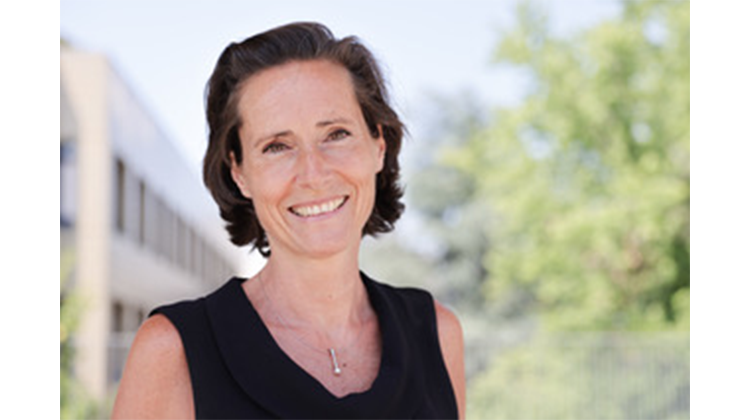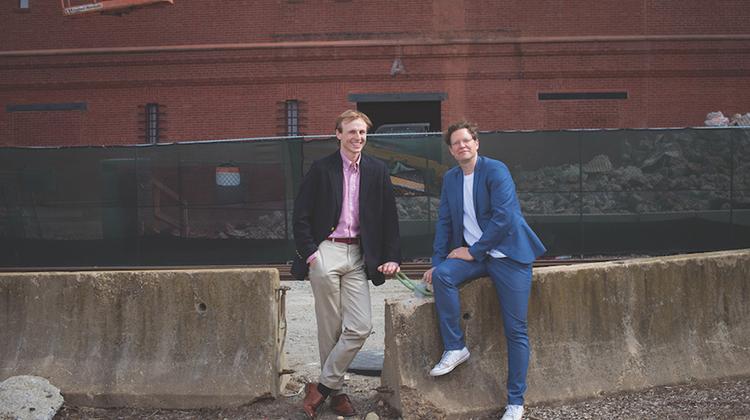Preparation for Building Technology PhD Thesis
Selection of thesis topic, definition of method of approach, and preparation of thesis proposal. Independent study supplemented by individual conference with faculty.
Preparation for BT Thesis
Selection of thesis topic, definition of method of approach, and preparation of thesis proposal. Independent study supplemented by individual conference with faculty.
First-Year Advising Seminar: Physics of Energy
Welcome to MIT! If you are coming because you love building, let this seminar be your red carpet. You will be meeting once a week with two faculty, Profs. Steve Leeb (Electrical Engineering and Computer Science) and Les Norford (Architecture), who love building cool systems. We will learn about MIT together while we are understanding and building exciting systems that use and convert energy. We will drive an electric go-cart and compare it to a gasoline-powered vehicle. You will design and build your own set of stereo speakers and a power amplifier to audio system you can keep. We'll look at motors and circuits to control these devices. We will be working in an amazing new prototyping laboratory, and you will get to develop an energy experiment of your own design. Join us!
_________________________
Les Norford will be the advisor to this section 4.A22. Les is a mechanical engineer who teaches in the Department of Architecture and has a special interest in environmental issues. He's studied buildings and how people live and work in them around the world. Les earned his BS in engineering science from Cornell University and his PhD in mechanical and aerospace engineering from Princeton University.
All Advising Seminars receive six units of credit and are graded P/D/F.
Building Technology Seminar
Fundamental research methodologies and ongoing investigations in building tehnology to support the development of student research projects. Topics drawn from low energy building design and thermal comfort, building systems analysis and control, daylighting, structural design and analysis, novel building materials and construction techniques and resource dynamics. Organized as a series of two- and three-week sessions that consider topics through readings, discussions, design and analysis projects, and student presentations.
Building Technology Systems: Structures and Envelopes
Addresses advanced structures, exterior envelopes, and contemporary production technologies. Continues the exploration of structural elements and systems, expanding to include more complex determinate, indeterminate, long-span, and high-rise systems. Topics include reinforced concrete, steel and engineered-wood design, and an introduction to tensile systems. The contemporary exterior envelope is discussed with an emphasis on the classification of systems, performance attributes, and analysis techniques, material specifications and novel construction technologies.
Computational Structural Design and Optimization
4.451 U / 4.450, 1.575 G
Class canceled for Fall 2023.
D-Lab Schools: Building Technology Laboratory
4.411, EC.713 U / 4.412 G
Focuses on the design, analysis, and application of technologies that support the construction of less expensive and better performing schools in developing countries. Prepares students to design or retrofit school buildings in partnership with local communities and NGOs. Strategies covered include daylighting, passive heating and cooling, improved indoor air quality via natural ventilation, appropriate material selection, and structural design. Investigations are based on application of engineering fundamentals, experiments and simulations. Case studies illustrate the role of technologies in reducing barriers to improved education.
Additional work required of students taking the graduate version.
Environmental Technologies in Buildings
4.401 U / 4.464J, 1.564J G
Introduction to the study of the thermal and luminous behavior of buildings. Examines the basic scientific principles underlying these phenomena and introduces students to a range of technologies and analysis techniques for designing comfortable indoor environments. Challenges students to apply these techniques and explore the role energy and light can play in shaping architecture.
Additional work required of students taking the graduate version.




